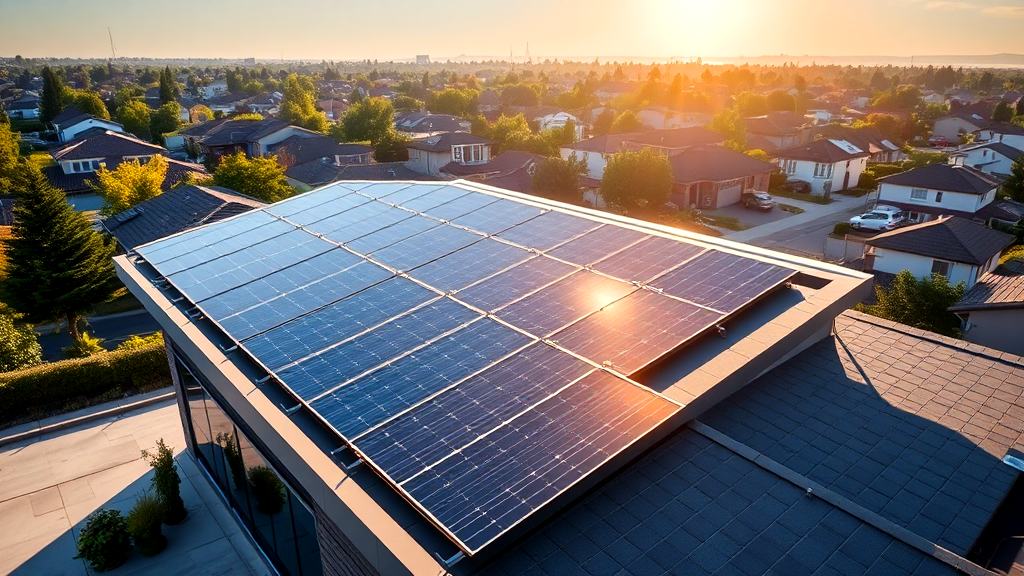Are Solar Panels Worth the Investment?
Thinking about solar panels? They’re all the rage these days! Choosing to install solar panels can be a big decision. Are solar panels worth it in the long run? They can slash your electricity bill and boost your home value. But don’t forget about the upfront costs.
The solar panel installation process can be pricey. However, savings over time may outweigh these initial costs. Plus, many states offer tax incentives, making it easier on your wallet. A solar panel system can last for decades, giving you peace of mind.
Before you decide, chat with a trusted solar panel installer. They can provide insights into solar panel costs and savings. With the right solar companies, solar panels save money and help the planet. Sounds like a win-win!
Key Takeaways
-
Solar panels convert sunlight into electricity, lowering your energy bills.
-
Installing solar panels reduces greenhouse gases and is eco-friendly.
-
Initial solar panel costs are high, but savings build over time.
-
A good solar panel installer can ensure a smooth setup process.
-
Many states offer incentives to make solar panels worth the investment.
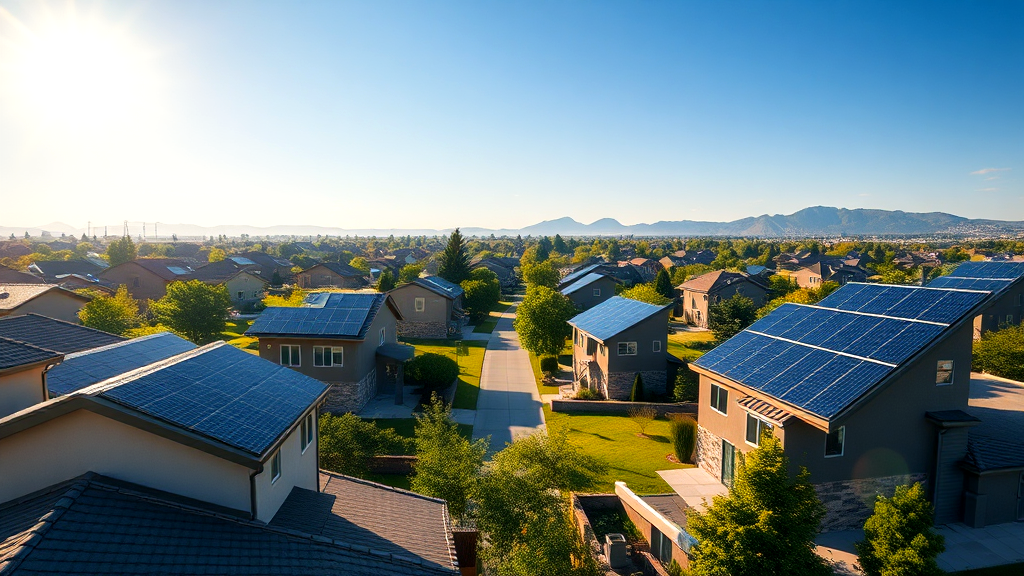
Understanding Solar Energy Basics
Grasping the essentials of solar energy can lead to questioning: are solar panels worth it? Well, let’s break it into bite-sized pieces. Imagine your roof sporting a shiny new solar panel system, cutting energy bills like a ninja. Solar panels save not just money but the environment too, which is a win-win. But wait, there’s more!
Solar companies offer competitive solar panel installation deals, making it easier to join the solar revolution. With a good solar panel installer, you’re set for years of reduced bills and guilt-free energy use. But what’s the catch? The upfront cost, my friend. It’s like buying a treasure chest, rich with potential savings, yet requiring a hefty initial investment. Once you install solar panels, the benefits trickle in, providing not just energy but also peace of mind. So, what’s your take?
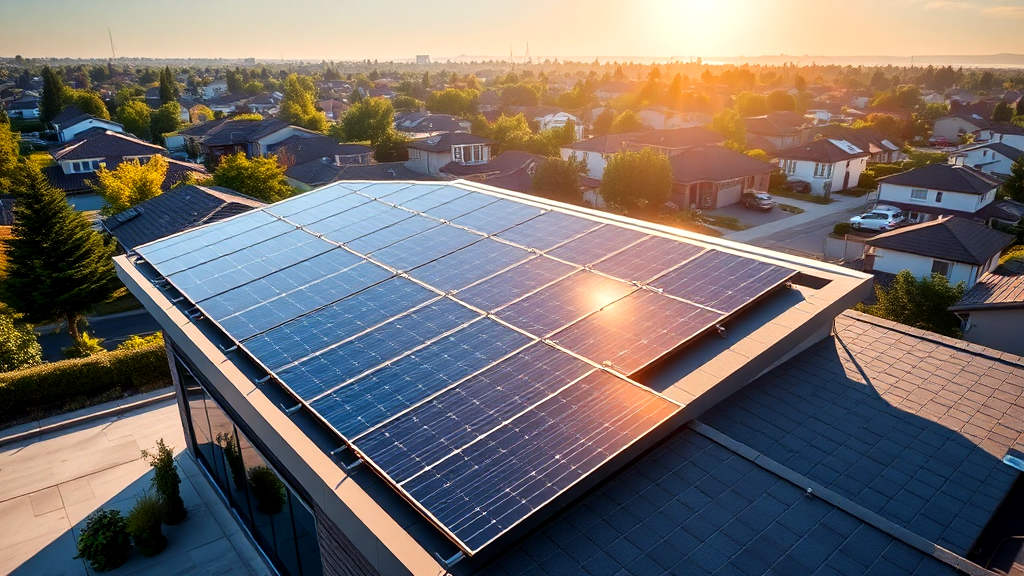
Advantages of Installing Solar Panels at Home
Exploring the perks of having solar panels at home, you might ponder, are solar panels worth it? Well, with solar panels, you can cut energy bills, boosting your savings. The eco-friendly nature of solar energy offers a cleaner environment, reducing your carbon footprint. Plus, homeowners often see an increase in property value after a solar panel installation.
But that’s not the end of the rainbow; states frequently offer net metering benefits. This means you might earn credits for excess energy your solar panel system produces. Curious about the variety of solutions available? I’ve shared insights on California’s solar companies.
On a broader scale, industry data at SEIA affirms the growing trend of solar energy adoption. Solar panels save money, energy, and the planet, making them a compelling choice for many homeowners.
How Solar Panels Work
Understanding the process of converting sunlight into usable electricity involves photovoltaic cells in solar panels soaking up rays and creating an electrical current. This current, initially direct current (DC), is rerouted through an inverter, morphing into alternating current (AC), which your fridge, lights, and gadgets crave. This tech wizardry might make you wonder, are solar panels worth it?
Imagine your roof as a bustling energy factory, all while you’re sipping coffee. It’s a win for both your wallet and Mother Earth. Curious about how solar panels increase property value? Check out some drought-tolerant landscaping ideas for added curb appeal here.
When you install solar panels, you not just lower bills; you also join a green revolution. The savings pile up, and your home becomes its own energy superhero. With a solar panel installer, turning your house into an eco-powerhouse is a breeze.
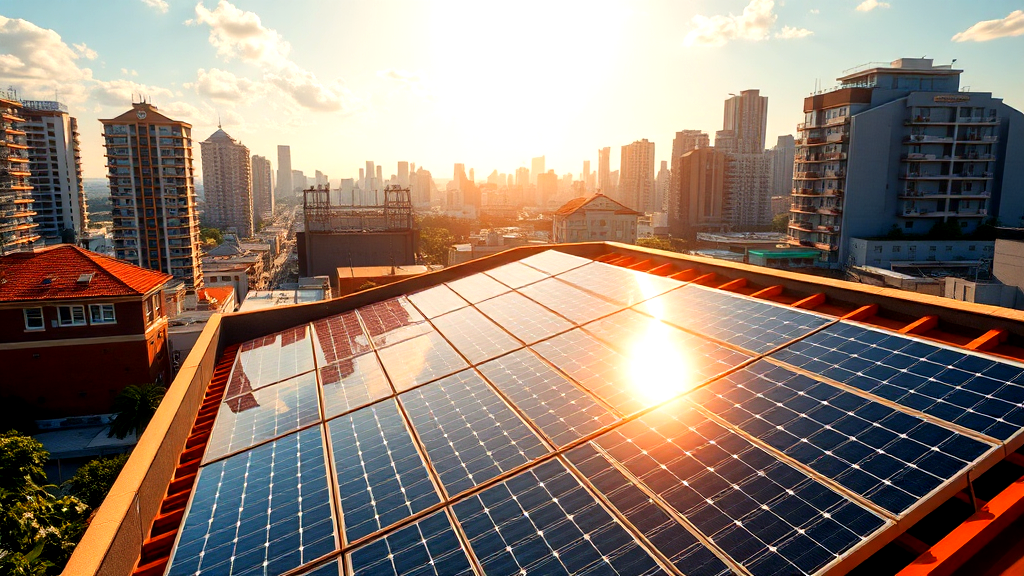
Pros of Installing Solar Panels
Exploring the benefits of committing to solar panel installation reveals multiple advantages. First off, solar panels can significantly reduce utility bills, making them a friend to your wallet. They lower electricity costs by transforming sunshine into power. This is a big plus for anyone looking to keep more money in their pocket.
Secondly, solar panels are a boon for the environment. By cutting back on greenhouse gas emissions, they help reduce your carbon footprint. This means not just saving money but also contributing to a cleaner planet.
Thirdly, having a solar panel system increases your property’s value. Homes with solar systems often fetch a higher price on the market. It’s like adding a golden touch to your home’s appeal.
-
Lower electricity bills
-
Environmental benefits
-
Increased property value
-
Long-term warranties
-
Decreased solar technology costs
-
Energy independence
-
Positive contribution to sustainability
Solar panels save energy, boost home value, and offer energy independence.
Cons of Installing Solar Panels
Considering the downsides of opting for solar panel installation, the initial expense is a tough pill to swallow. Despite solar companies offering financing options, upfront costs remain a significant hurdle for many. The question “are solar panels worth it” can leave some scratching their heads. Tax incentives aren’t always guaranteed, especially if choosing leasing over buying, which can limit financial benefits. Let’s not forget maintenance costs. Though usually low, unexpected repairs can surprise even the savviest budgeter. For those in stormy regions, solar panels might not perform at their peak efficiency, which is like buying a Ferrari and never hitting the Autobahn. A thorough solar panels review can provide insight into how weather impacts performance. If you’re curious about how the industry is evolving, the Solar Energy Industries Association provides in-depth research here. Balancing these factors will help you decide if solar energy is the right investment for you.
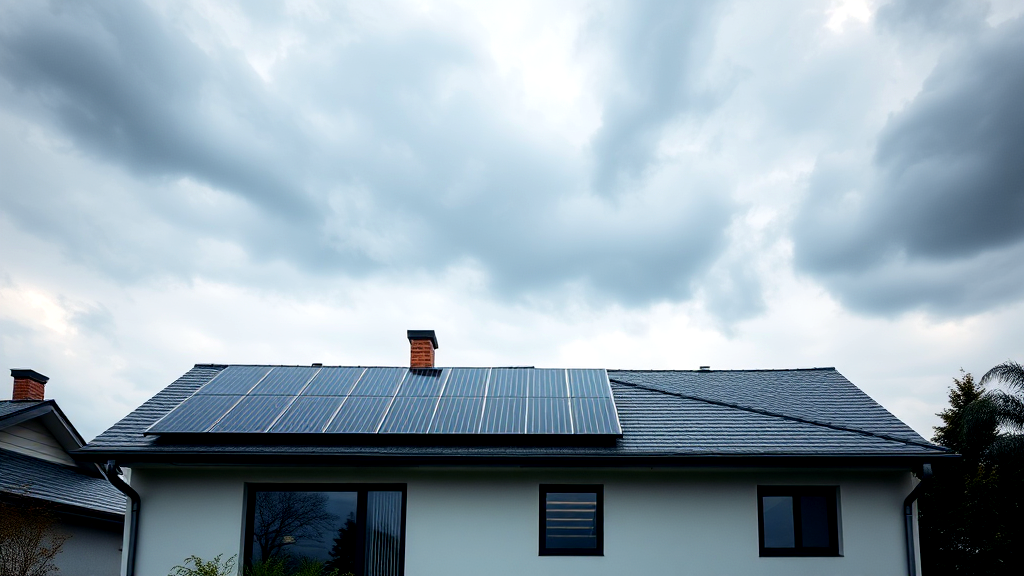
Cost and Savings Analysis
Considering expenses and potential savings can clarify the question, “are solar panels worth it?” The initial price tag of a solar system might seem daunting, but it’s an investment. Average costs hover around $16,000 before tax credits. Many homeowners find the long-term gains outweigh these upfront expenses. With incentives, solar panels save money and pay for themselves in about 6 to 10 years. Imagine slashing your electricity bill or even eliminating it! That’s a warm feeling, right?
Once you’ve crossed the payback period, it’s almost like stumbling upon a goldmine. It’s not just about savings; solar panels increase property value too. They make your home shine brighter in the real estate market. Some solar companies offer flexible financing plans, easing initial burdens. An insightful discussion of solar pros and cons can help in decision-making. So, is it time to let the sun power your savings?
Comparing Solar Panel Costs
Peeking into the realm of solar panel pricing, it’s clear that costs can vary like the weather. A 5 kW solar system typically sets you back about $16,000 before tax credits come into play. But wait, there’s more! Location, system size, and installer rates can change the game drastically. Financing options like cash, loans, or leases further affect your wallet’s destiny.
The burning question, “are solar panels worth it,” often pops up. While initial costs can be hefty, the long-term savings are sweet like honey. Many folks see a return on investment within 6 to 10 years.
Imagine cutting your electricity bill to shreds or even making it disappear! That’s not just wishful thinking. Solar companies can help with flexible payment plans, making the initial leap less scary.
So, is it time to let the sun brighten your financial future?
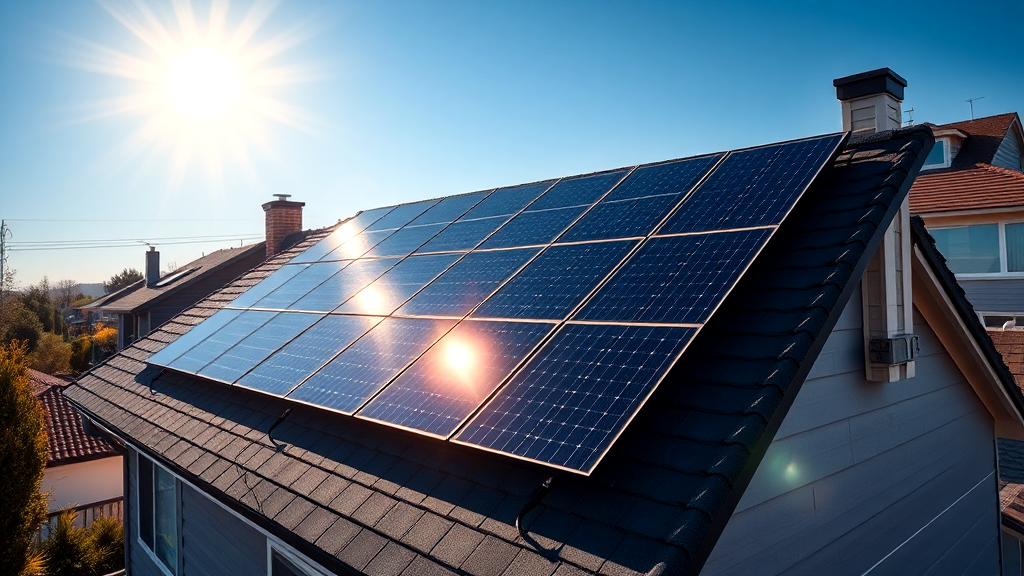
Potential Savings Over Time
Considering the long-term financial impact, solar panels can offer significant savings. Many homeowners find that these systems often pay for themselves within a decade. Think about it—a future where electricity bills shrink or vanish!
Using solar energy not just saves money, but also cushions against rising electricity costs. After the initial investment, the energy is practically free. Plus, solar panels can increase home value. It’s like getting a two-for-one deal!
Commercial rooftop installations are gaining popularity too, providing substantial savings for businesses. Solar companies offer flexible plans, making the upfront cost less daunting. The cherry on top?
A solar system can be a game-changer for those living in sunny areas. Enjoy the sun while it powers your world. It’s a win-win!
The question remains: are solar panels worth it? For many, the answer is a resounding yes. Let the sun not just shine, but also save!
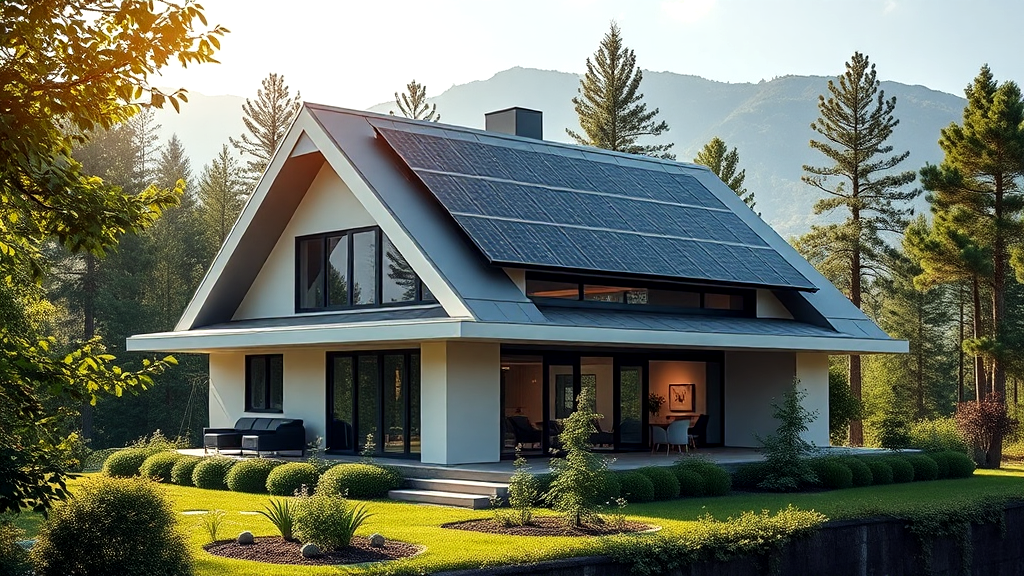
Conclusion
Choosing solar panels is like picking a trusty sidekick for your energy needs. They slay electricity bills and boost home value. Plus, who doesn’t want to be greener than their eco-conscious neighbor? The upfront cost might seem steep, but rebates and tax incentives ease the pain.
Looking long-term, solar panels often pay for themselves within a decade. After that, it’s all gravy. Imagine not worrying about power bills while basking in eco-friendly glory. Still, consider your location and weather patterns—sunshine makes the magic happen. Ready to add some solar sparkle to your roof? With the right setup, you’ll be on your way to greener pastures and a fatter wallet.
FAQ
-
How much do solar panels typically cost?
A standard 5 kW system costs around $16,000 before tax credits. Factors like location and installer prices can vary. Tax incentives can lower this cost significantly. Always check for available rebates and local promotions.
-
What are the main advantages of having solar panels?
Solar panels can save you big on utility bills. They boost property value and reduce environmental impact. Many states offer net metering, which gives credits for excess energy. Plus, federal and state tax incentives sweeten the deal.
-
Are there any downsides to installing solar panels?
The initial cost can be steep. Not all financing options qualify for tax incentives. Weather can impact their efficiency, and maintenance, though low, can sometimes be pricey. It’s important to weigh these factors against potential savings.
-
How do solar panels actually generate electricity?
Solar panels use PV cells to capture sunlight. This light gets converted into DC electricity. An inverter then changes DC to AC electricity, which powers your home. It’s like magic, but with science!
-
How long does it take to recoup the investment from solar panels?
Many homeowners break even in 6 to 10 years. After that, it’s all savings. You can enjoy lower or even eliminated electricity bills. It’s a long-term investment with lasting benefits.


 Facebook
Facebook
 X
X
 Pinterest
Pinterest
 Copy Link
Copy Link
